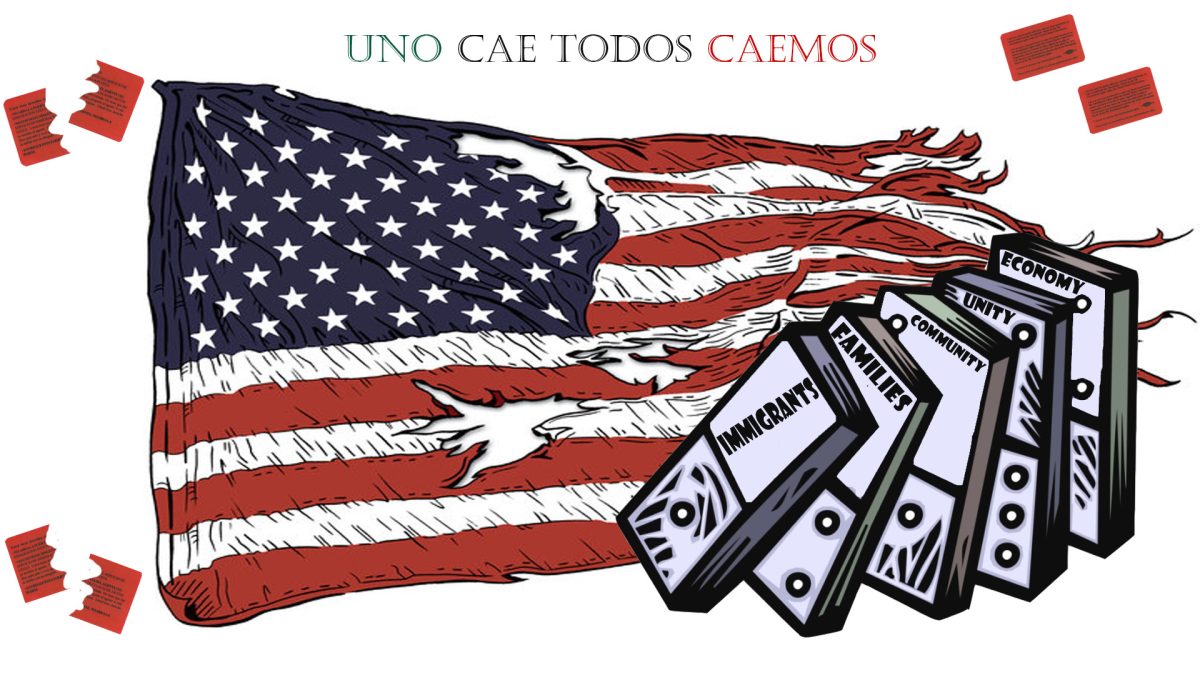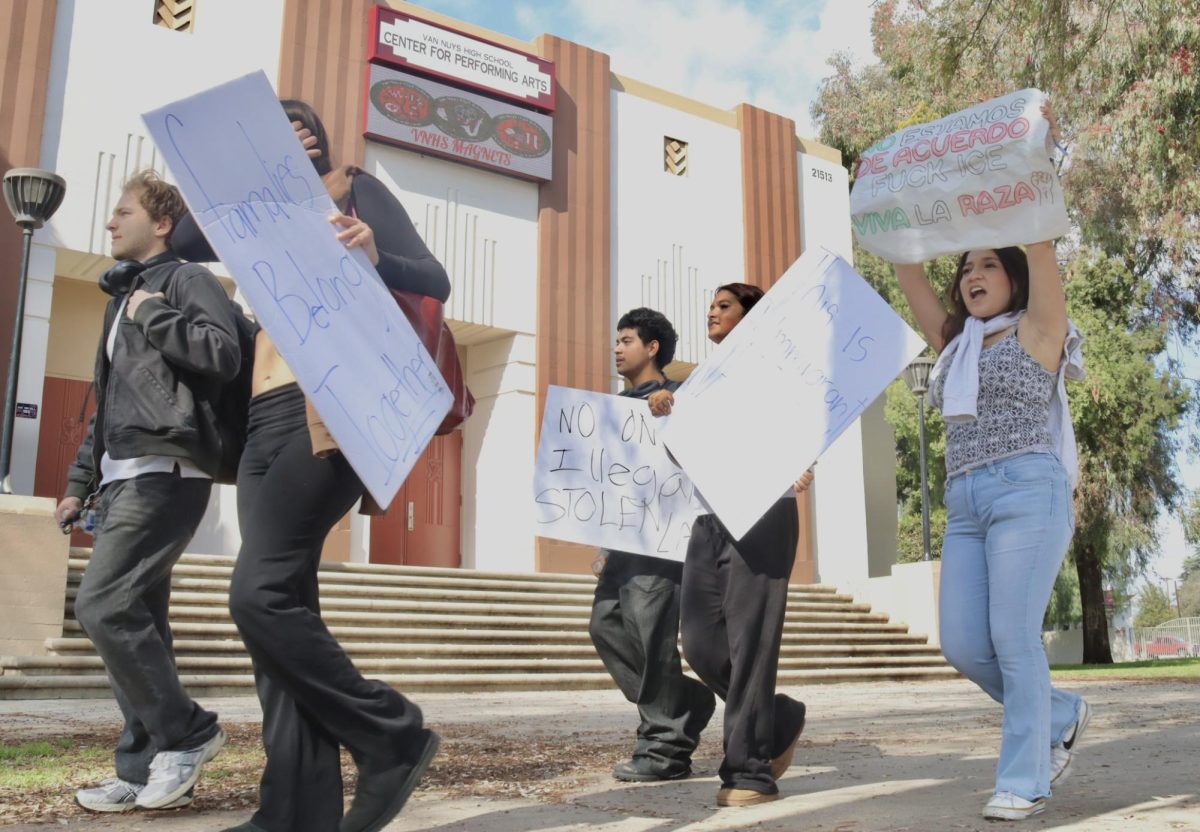Protecting your online privacy
October 8, 2014
No one is safe online even when you think you are protected by a password. If a hacker wanted to get your information they can do it with a push of a button.
Every day someone is doing something private online whether sending messages to people or taking a quick selfie to send to their friends. What most don’t realize is that messaging or sending pictures are forever saved online and are vulnerable to getting “leaked,” or in other words, spread to the public.
A good example of privacy being invaded is with the recent iCloud hack where dozens of photos of celebrity nudes got leaked online. Notable celebrity figures that got their pictures hacked into are Jennifer Lawrence, Rihanna and Victoria Justice.
Junior Hailey Pohevitz has strong words over the issue.
“What this person did definitely crossed the line. If you want to share your body it should be a choice,” Pohevitz said. “Now the whole world has the opportunity to look at these women without their consent and there’s nothing they can do.”
A good way to improve online security is to have long passwords that consist of both numbers and letters. You should have different passwords for different websites and email addresses. The longer the password, the harder it gets to be hacked into.
There are other ways to protect your online information. Clearing your browser and history as well as downloading an anti-virus software will help protect you.
Sharing information online is risky to do with all the viruses and hackers out there so caution is key with what gets put up. A good way to know if something should or shouldn’t be uploaded to the internet is asking yourself what would your family think of what your doing.
Senior Ricardo Lopez always watches out for what he does on his phone and his computer. He was a victim of hackers in the past.
“I try not to do anything I’ll regret (on the internet). If I say something bad about someone, with my luck, they’ll somehow see it and I’ll be screwed,” Lopez said. “I also watch out for random pop ups and avoid clicking them. Once I clicked on one and my Facebook got hacked into.”







